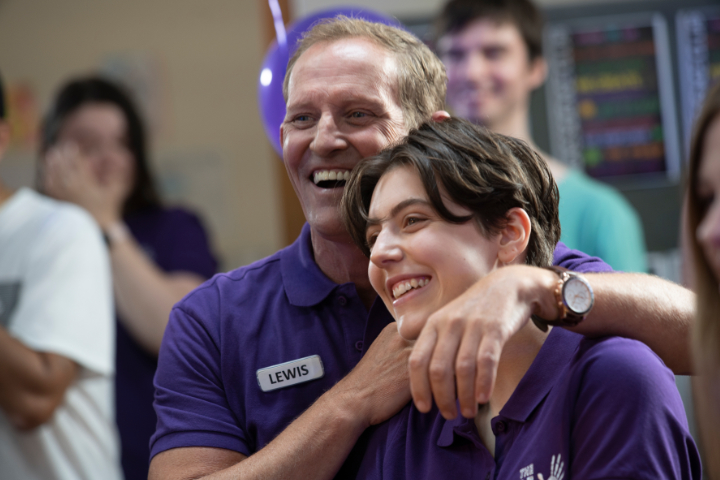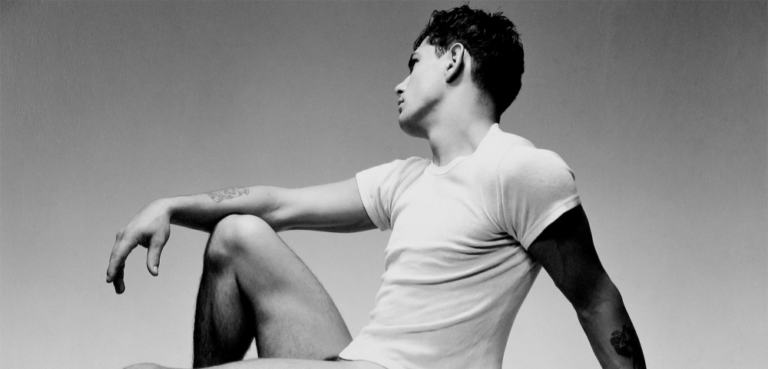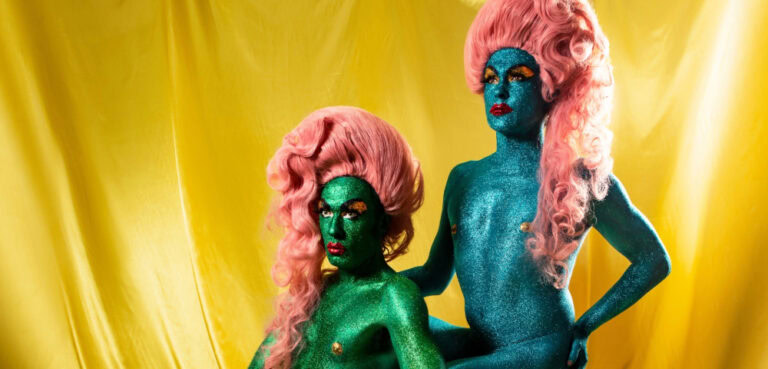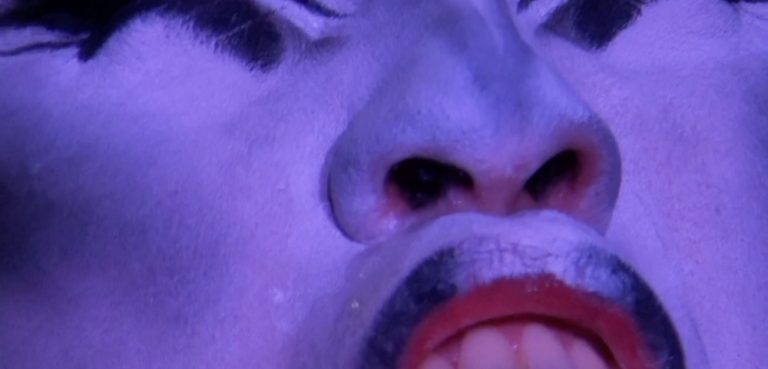
REVIEW: Unsound

The new Australian film Unsound is a heart-warming experience that doesn’t shy away from difficult conversations. Written by Ally Burnham and directed by Ian Watson, its exploration of two minorities and their strengths, challenges and commonality is authentic and delicately handled in ways that call out many of their contemporaries who come under fire for (mis)representation.
Opening in a dimly lit pub in the United Kingdom Noah (Reece Noi) decides there is more to his musical ambitions (and life) than playing back up guitar in pubs for a 90s tribute show fronted by the faded star Moniqua (Christine Anu). There is a sense of art imitating life in this casting choice, with Anu’s career having slowed down over recent decades. Yet in this supporting role, we are reminded of her star power, and her delightful sass and charisma.
Returning to Sydney, Noah faces his broken family and heartbroken mother. Following a chance discovery, he finds solace from the local deaf community after a weekly nightclub is shut down by the police due to noise complaints. The event is run by Finn (the luminous Yiana Pandelis) who continues to run the event and battle local residents. The tension rises with some great dialogue about minorities losing identity once they areaccepted by broader society.
The cast also includes Australian musical theatre staple Todd McKenny and long–celebrated Australian television actress Paula Duncan, and many minor characters are played by members of the deaf and LGBTQI communities.
Finn is deaf and in the early stages of gender transition. This is the strongest of the film’s multiple narratives The casting reflects consultancy with the transgender community. Pandelis is a member of the LGBTQI and deaf communities, but not transgender.
Soon enough Finn and Noah strike up a strong bond. Seeing a queer love story of this nature is not something we have often seen. Hopefully, we will see many more similar love stories in the future.
Composer Mark D’Angelo’s soundtrack brilliantly weaves the multiple narratives together as it moves from the nightclub sounds central to Finn’s work running the Deaf Club to the acoustic and instrumental sounds that are so much a part of Noah’s life as a guitarist and musician.
The production and cinematography are also perfectly executed, and Sydney almost becomes its own character rather than an anonymous “city”.
After seeing the film, I had some lingering questions about representation, particularly in light of reviewing Sia’s recent box office flop, Music, and Ryan Murphy’s, beyond offensive, Prom, and in similar news from the theatre, having reported on the casting of Hugh Sheridan in the leading role of a now–cancelled Sydney Festival production of Hedwig And The Angry Inch. Yet the more I engaged with the film’s backstory and production, the more I realised how far removed Unsound is from the likes of these three.
In three years of development, the creative team regularly engaged with people from the minority groups the film includes. By doing what is the right thing, I believe that in years to come, this film will be remembered as coming about in time of great change for Australian film culture.
Though this is no surprise with Tsu Shan Chambers, who is known for bringing awareness to social issues through thought provoking stories, as the film’s producer.
Films like Unsound are important to queer audiences. Seeing our own stories (and ones that challenge the formulaic romantic endings) is vital, but it’s also, and perhaps most importantly, an opportunity for mainstreams audience to see some of the lesser–known corners of the world we live in.
In a measure of this film’s success, following a limited release and premier at Mardi Gras Film Festival in 2020, Unsound opens its very–deserving run in cinemas across the country today.









